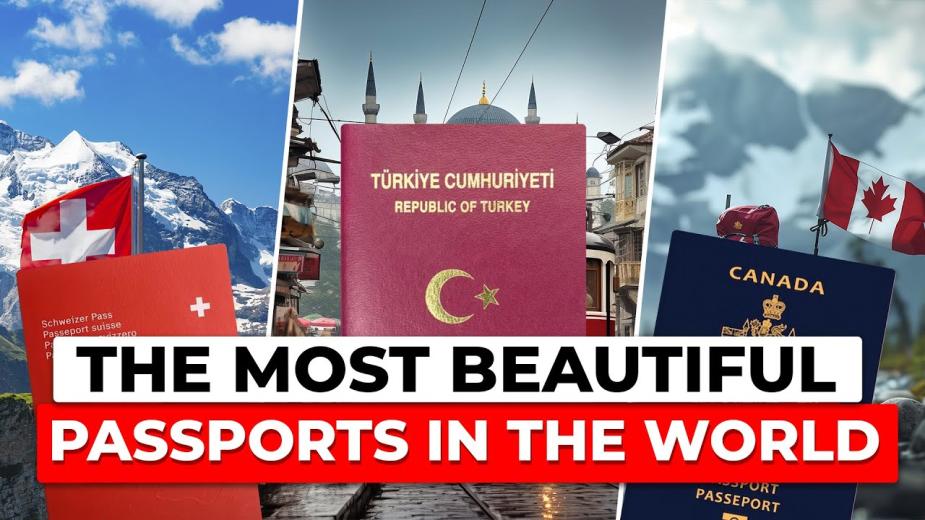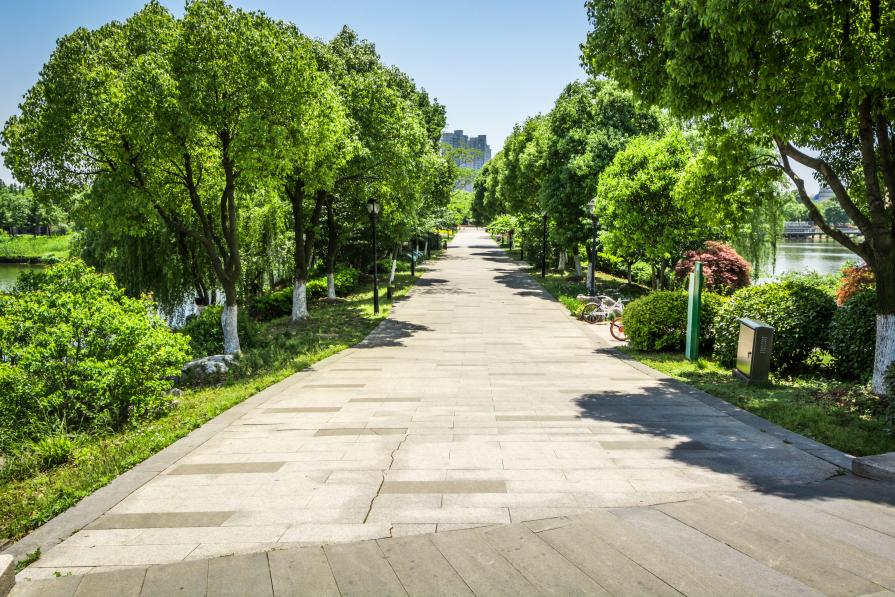Long gone are the days when people sought to settle inside fortress or city walls in search of safety. This most important quality of a place to live has been replaced by others: comfort, quality of infrastructure and, of course, ecology.
To make a city – especially an old town! – clean, you need to make tremendous efforts. Also public policy alone is not enough to succeed: it is necessary to teach people to worry about where they live, and not to misbehave in their natural environment. Somewhere positive incentive measures are used for this, somewhere they are limited to propaganda, in still other cities and countries large fines are introduced. Let's talk about a few of the cleanest cities on Earth and why they ended up on our list. Be sure, this is very interesting!

Madrid
The Spanish capital is often at the top of different lists. In recent years, it has often occupied positions in the rankings for the quality of natural resources, and this in itself is quite surprising, because Madrid is located in not the most favorable conditions, and it began to get rid of industry relatively recently, in the second half of the 90s.
So what's the secret? The fact is that a fairly clean and very full-flowing Manzanares flows through the central part of the city, the city is large, meaning it is not very densely populated, urban areas are interspersed with countless parks, and in Madrid for 25 years there has been a rule on sorting household garbage. All this leads to good results: according to official European statistics, the capital of Spain holds the palm in terms of life expectancy - on average, locals live 85 years or more.
Paris
Paris is rarely praised by tourists: the city center is very crowded, and numerous refugees and tourists are in the habit of doing dirty tricks to respectable Parisians. On the outskirts and in the suburbs (Paris has long outgrown its borders and is a huge agglomeration with a population of almost 14 million people), the situation is the opposite - local authorities very quickly and diligently remove garbage (except during strike periods, of course).
Most importantly, with all these features, Paris retains a decent price tag for the purchase and rental of housing, there is affordable public transport, there are inexpensive products and, in general, life is more or less affordable, which is not always observed in other European capitals.
Oslo
Many people are vying with each other to praise Oslo: they say, the air here is fresh, and the water is wow, without mentioning what views it all forms! There is no garbage on city streets - Norwegians are taught to respect work from an early age, and huge fines help to make the right choice and bring a piece of paper or a candy wrapper to the trash can. At the same time, the Norwegian capital has a well-thought-out and convenient system of public transport, including several metro lines, bus and tram routes, several ferry crossings - sometimes this is the fastest way to cross another fjord. In addition to the cliffs and forests surrounding the city, Oslo itself is also full of greenery, as well as many stadiums, sports fields and other places where you can walk or play sports (sports are also very respected by the people of Oslo).
Tallinn
The capital of the smallest of the former Soviet republics is a small city, but one of the EU champions in terms of landscaping, and there was a lot of greenery here under the previous regime. Thus, thanks to sorting and deindustrialization, Tallinn has managed to become the "most attractive" holiday destination in Europe, according to ETA.
Honolulu
Hawaiian Honolulu, bypassing our ranking, could have applied directly to the competition "the best city claiming to be an earthly paradise" - and would have a certain chance of winning. Honolulu is regularly included in various lists of the cleanest cities on Earth: for this, the state and the city have to compost organic matter and sort all the rest of the garbage, packaging film and plastic bags are prohibited.
Calgary
In general, Calgary is a small city, but by Canadian standards, quite the opposite. Calgary is also the center of national oil production and refining. Once upon a time, fountains of black gold literally gushed out of the ground, which then floated in dirty puddles waiting to be processed and killed all living things. Now this is a thing of the past: the level of waste processing here exceeds 80%, and the oil industry is tightly regulated.
No wonder hundreds of thousands of people dream of moving to this place! In addition, there is (again, by Canadian standards) a good climate and good infrastructure, and most importantly, high salaries: on average, after taxes, each resident of Calgary has $4,500.
Brisbane
With more than two million permanent residents, Australian Brisbane somehow manages to maintain a reputation for cleanliness. Perhaps this is due to the proximity of the sea and the fact that it was possible to preserve impressive forests around the city? In addition, in this part of Australia, there are tax benefits and deductions for owners of electric vehicles, so the share of personal and public transport on this type of engine here is one of the highest in the country.
Stockholm
14 years ago, in 2010, Stockholm was awarded the status of the "first green" European capital, and all thanks to various state, municipal and public activities. The city authorities do not stop there, they continue to introduce new environmental initiatives, primarily aimed at reducing carbon emissions. By the middle of the century, the Swedish capital intends to completely abandon traditional fossil fuels and switch to renewable energy sources - a worthy and ambitious goal.
In addition, 98% of garbage is sorted and recycled here - a record figure!
Singapore
Asian cities are rarely associated with cleanliness, but Singapore is an exception to the rule: it is not only an important business and trade center, but also one of the cleanest in the world. But it wasn't always like this: just 40 years ago, it was a dirty port surrounded by mountains of floating debris. To change the situation, the authorities had to take unprecedented measures - from a ban on chewing gum to restrictions on swimming within the city. And, of course, large fines and corporal punishment played a role: the Singaporean authorities do not hesitate to flog violators with a hefty bamboo stick. Sometimes such a misfortune happens to foreigners, every time it generates a lot of noise, but the police of the city-state are relentless.
Helsinki
Locals do not use water filters - it is so clean and good! The city is relatively small, there have never been a large number of industrial enterprises, but the Finns do not stop there: they are actively investing in green energy, encouraging residents to switch from personal to public transport, and from transport to bicycles. There are different opinions, but experts from the Stockholm Green Energy Institute believe that by 2040 there will be no personal cars left in the city.










